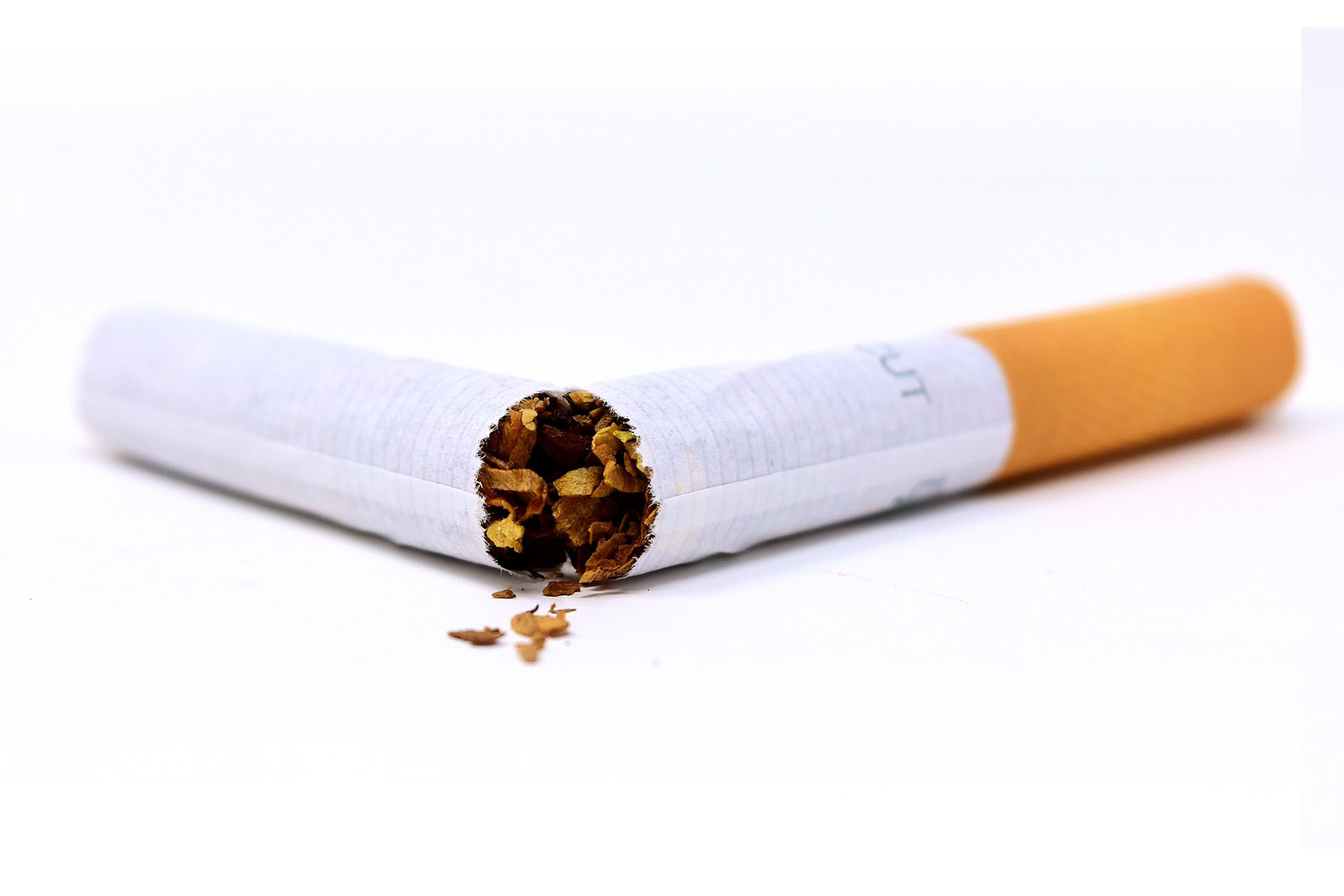The Centers for Disease Control (CDC) reports that since 2002, there have been more former smokers than current smokers, proof that quitting is possible. This is great news for people ready to quit smoking, whether it’s a first attempt or one of many. We know and you know that quitting is hard and not something most people can do in a single day. But the rewards are tremendous—in fact, there is not a single aspect of your health that will not improve when you stop smoking. Here, we offer some tips to help set you up for success.
Start Here
The Great American Smokeout, an annual event by the American Cancer Society designed to help people quit smoking, is on Thursday, November 18. If you decide to choose this as your first day going smoke-free, we recommend you take steps a few weeks in advance, so that when it comes, you have everything in place.
Get ready:
- Decide that you are determined to quit smoking and write down all the reasons When the going gets tough, refer to this list to stay motivated. Keep it somewhere visible or leave yourself reminders in key locations
- Set a quit date. Try to select a date within the next month, so you have time to make plans but not to change your mind. November 18 is as good a choice as any other!
- Talk to your health care provider and check with your insurance provider in advance about medical and non-medical options and resources that you can use.
- There are prescription medications that may help you quit tobacco, including some that can be used with nicotine replacement therapy, but you’ll want to start taking them a few weeks before your quit day. Be sure to let your health care provider or pharmacist know about other medications or supplements you are taking, as well as your alcohol use, to prevent unintended interactions and side effects.
- Prepare your surroundings. Get rid of stashes of tobacco, ashtrays and other related items from your home, car and workplace. Stock up on healthy oral alternatives like chewing gum, healthy snacks, toothpicks or hard candy.
- Ask friends and family for support. Let them know what you are doing, and ask them to support you with encouragement and by not smoking around you. Here are some tips you can share with them.
- Start reducing how much you use before the official quit day. Try to notice what triggers your cravings so you can develop a plan to curb them.
Stick with It
As the old saying goes, if at first you don’t succeed, try, try again. Nicotine addiction is hard to kick, and it may take several tries. Support helps and there are a lot of resources now available, so even if you haven’t been successful in the past, learn from what didn’t work and make the commitment to quit anew.
If you have questions about medications that can help you quit smoking or about medications you are already taking, please don’t hesitate to reach out and speak with one of our pharmacists.

